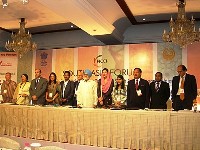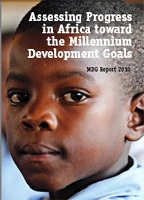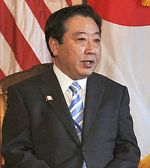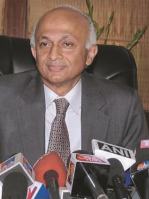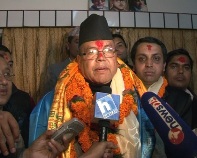By Shastri Ramachandaran*
IDN-InDepth NewsPortrait
NEW DELHI (IDN) – Ranjan Mathai has got off to a good start as Foreign Secretary (the top diplomat for the country’s external relations) and enjoys a lot of goodwill. His seniority being generallyaccepted, his ascent to the top diplomatic post washardly contentious. He is well regardedby seniors, respectedby his peers and admired by more than a few in the service for his leadershipand people skills. “He is a team player, not egocentric,” commented a seasoned diplomat.
According to former Foreign SecretaryLalit Mansingh, he has therequisite professional experience as he has servedin the neighbourhood and incapitals such as Tehran,Tel Aviv, Vienna, Brussels, London and Washington. In his very first statement, Mansinghpointed out, Mathai rightly emphasized the importance of the neighbourhood. The region has not receivedenough attention althoughthe present government gave it the importance it deserveswith the Prime Minister speaking of “asymmetrical relations”.


